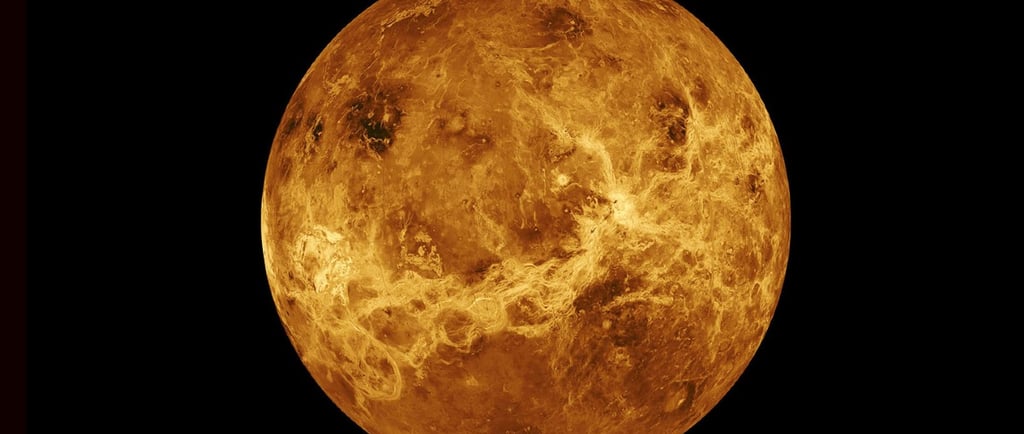China's Ambitious Mission: Exploring Venus's Clouds for Signs of Life


Introduction to China's Upcoming Venus Mission
In a groundbreaking development in space exploration, China has revealed plans to collect and return samples from the clouds of Venus between 2028 and 2035. This bold mission aims to investigate the potential for life, understand the atmospheric evolution of Venus, and discover ultraviolet (UV) absorbers contained within its enigmatic clouds. This endeavor is part of China's long-term roadmap for space science and exploration, effectively outlined in the plan unveiled last fall.
Understanding the Significance of Venus's Atmosphere
Venus, often referred to as Earth's twin due to its similar size and proximity to the Sun, presents a starkly different environment. The thick atmosphere of Venus is predominantly composed of carbon dioxide, with clouds of sulfuric acid, making it a challenging yet intriguing target for scientific exploration. The upcoming mission seeks to unravel the mysteries of this planet's atmosphere, particularly its potential to harbor microbial life forms, despite the harsh conditions. Evidence from previous missions has suggested that there may be chemical processes occurring in the clouds that are reminiscent of microbial life on Earth, further highlighting the relevance of this mission.
The Methodology Behind Sample Collection and Analysis
China's intention to collect samples from Venus’s clouds is not merely a quest for extraterrestrial life; it serves a broader scientific purpose. Understanding the atmospheric evolution of Venus can provide valuable insights into planetary development and environmental changes, which could be paralleled with Earth's own climate history. The methodology for sample collection will likely involve advanced spacecraft technology capable of withstanding the extreme atmospheric conditions found on Venus, which presents significant engineering challenges. Once the samples are onboard, scientists will analyze them for chemical signatures that could indicate the presence of UV absorbers. These compounds are crucial in understanding the cloud composition and the potential for supporting life.
Implications of the Mission for Future Space Exploration
China’s mission to collect and return samples from Venus’s clouds marks a pivotal moment in the field of astrobiology and planetary science. The findings from this mission may redefine our understanding of life in the cosmos, challenging existing notions about where life can exist and the conditions needed for it to thrive. Future missions might leverage the expertise gained from this venture, propelling humanity closer to answering profound questions about life beyond Earth. Additionally, this effort underscores the importance of international collaboration in space exploration endeavors, as multiple nations work towards uncovering the mysteries of our solar system.
In conclusion, between 2028 and 2035, China's ambitious exploration of Venus's clouds will not only enhance our understanding of this elusive planet but also of the broader implications for life in the universe. As we await further developments, the excitement surrounding this mission continues to grow, marking a significant step forward in the quest for knowledge beyond our own planet.
